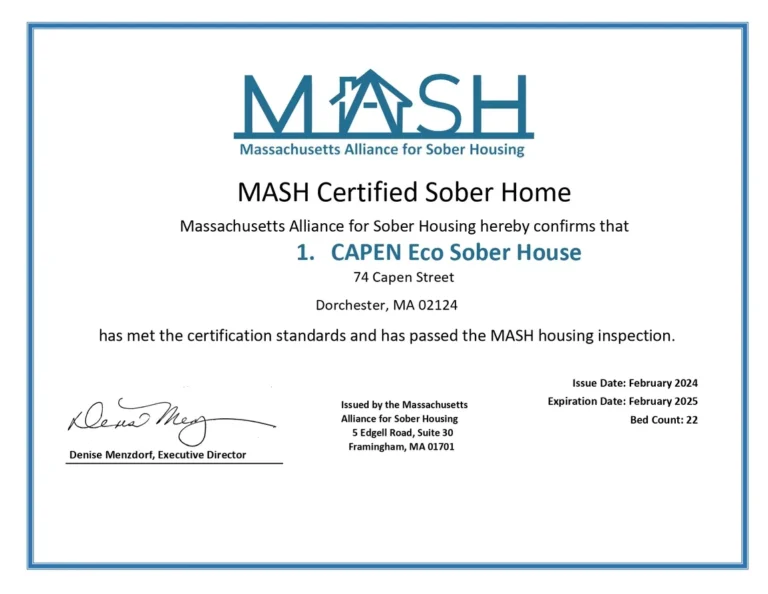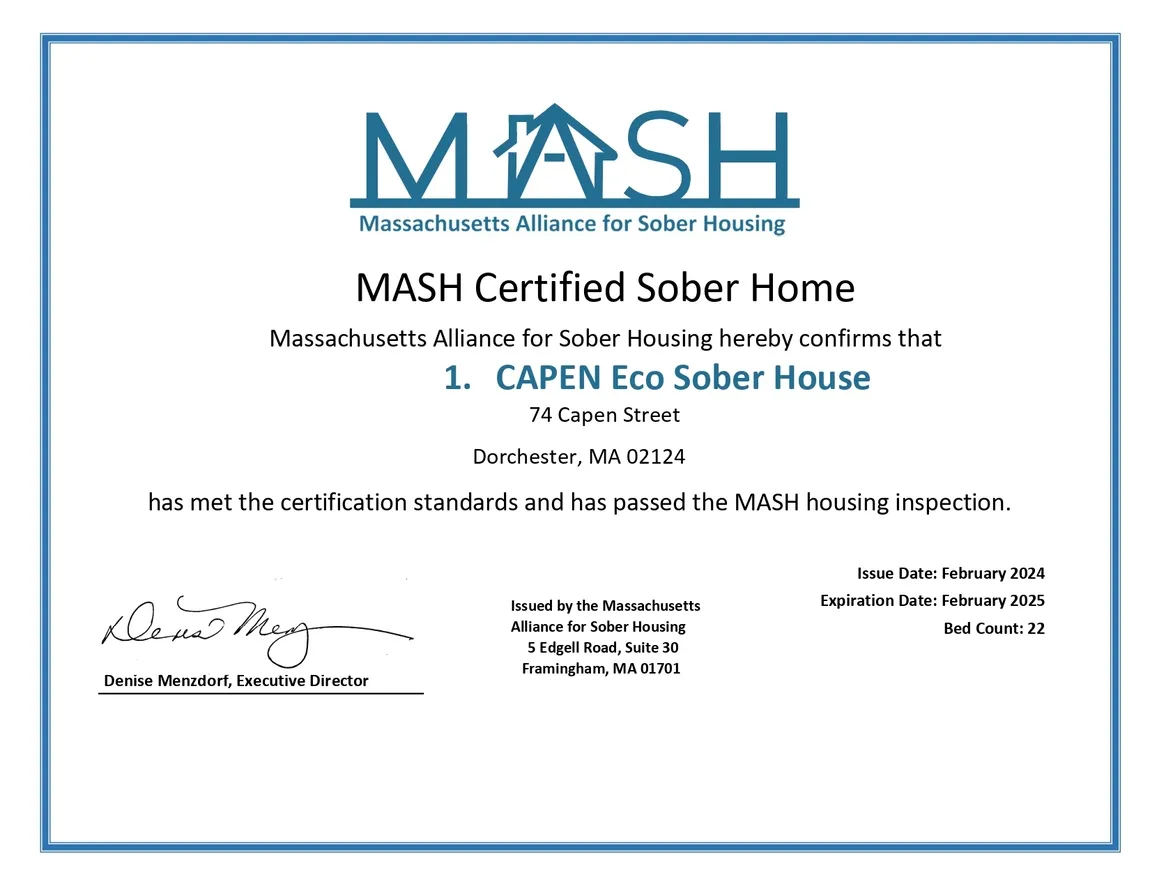
The American Academy of Family Physicians (AAFP) recommends screening adults aged 18 years or older for alcohol misuse. Also, AAFP recommends teaching teens between 12 and 17 years old to avoid alcohol. The mental stage of a relapse happens when your thoughts start drifting to resuming substance use. The evidence no longer supports the idea that alcohol is good for your health. The fact that there is no healthy amount of alcohol use is supported by the World Health Organization and the World Heart Federation. It should be a surprise to no one that drinking too much alcohol can be bad for you — of course, the definition of “too much” can vary.

Public Consultation on Guidance on Alcohol and Health
Alcohol can also alter the effectiveness and Twelve-step program toxicity of medicines. Some medicines increase blood levels of alcohol or increase the adverse effects of alcohol on the brain. Alcohol abuse is the second most common form of substance abuse in the United States, after tobacco addiction.

Behavioral treatments
Studies show most people with this condition recover, meaning they reduce how much they drink, or stop drinking altogether. They may start drinking to cope with stressful events like losing a job, going through a divorce, or dealing with a death in their family or a close friend. Talk to your healthcare provider if you’re under stress and think you may be at risk for relapse. Heavy alcohol use is binge drinking on five or more days within the past month, or consuming more than seven drinks per week for women and more than 14 drinks per week for men. Although there are many risks to drinking alcohol, there also may be some benefits of moderate drinking.
- Rather, find out what aspects of their health are most important to them and offer support, encouragement and compassion to help them achieve the goals they set.
- However, studies clearly show that at a higher level of alcohol use, the health risks increase more steeply for females.
- Avoiding these types of actions is key to good health and evading any alcohol-related disorders.
- How alcohol misuse is treated depends on how much alcohol a person is drinking.
- An intervention from loved ones can help some people recognize and accept that they need professional help.
What to know about alcohol use disorder

There are effective ways to treat this disease and steps you can take to help a loved one enter recovery. This article discusses alcohol use disorder symptoms and strategies for treatment and intervention. In its most severe form, alcohol withdrawal can be life-threatening.

Excessive alcohol intake can disrupt the balance of microbes in the gut. Administration of probiotics may improve intestinal function and help prevent liver disease. Severity of long term effects of alcohol AUD is determined by the number of symptoms present.

Binge drinking
- If you’re planning to reduce your alcohol use but are having difficulty reducing how much you drink, contact your physician or healthcare provider.
- In July 2020 with funding from Health Canada, CCSA began the project to update the LRDGs.
- Living with alcohol misuse will continue to be a struggle if you do not recognize that you need help.
They want you to be safe, healthy and to achieve your recovery goals. Alcohol use disorder (sometimes called alcoholism) is a common medical condition. People with this condition can’t stop drinking, even if their alcohol use upends their lives and the lives of those around them. While people with this condition may start drinking again, studies show that with treatment, most people are able to reduce how much they drink or stop drinking entirely. Yale Medicine’s approach to alcohol use disorder is evidence-based, integrated, and individualized. Our specialists utilize a range of medication and behavioral methods with demonstrated efficacy for helping individuals change their drinking habits and maintain these changes long-term.
